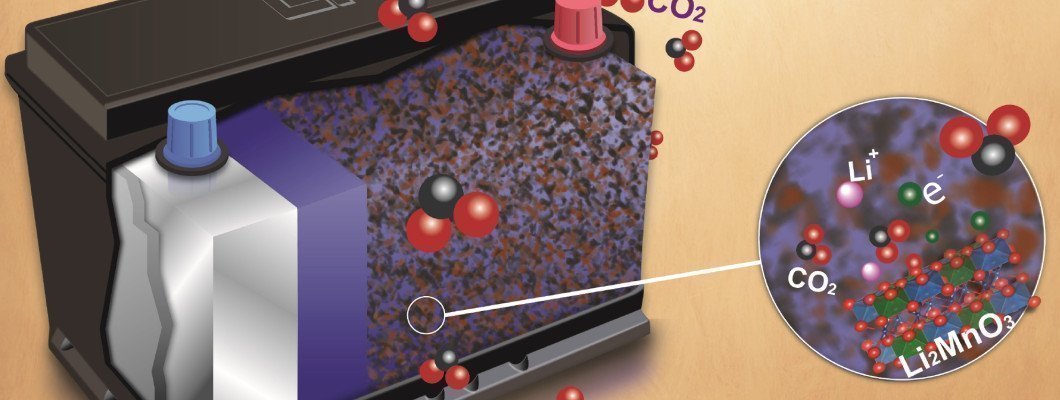
In recent years, the demand for sustainable and eco-friendly energy sources has led to significant advancements in battery technology. One of the most promising technologies currently being developed is the Li-CO2 battery. This article will explore the potential of Li-CO2 batteries and their possible implications for the energy storage industry.
The Current State of Battery Technology:
Battery technology has come a long way in recent years, with many new and improved battery types emerging in the market. Lithium-ion batteries are currently the most commonly used type of battery due to their high energy density and long cycle life. However, despite their advantages, lithium-ion batteries are not without their limitations. For instance, they are expensive to produce, and the mining of lithium for their production can have significant environmental impacts.
What are Li-CO2 Batteries?
Li-CO2 batteries are a type of battery that uses carbon dioxide as the cathode instead of traditional metal oxide cathodes. The battery generates power by converting carbon dioxide into a solid-state material that can be stored and then reconverted back into CO2 when the battery needs to discharge. The use of CO2 as the cathode offers significant advantages over traditional metal oxide cathodes. For one, carbon dioxide is much cheaper and more abundant than metals like cobalt or nickel, which are commonly used in metal oxide cathodes. Additionally, the use of CO2 could potentially reduce the environmental impact associated with mining for traditional cathode materials.
Challenges and Opportunities:
Despite the potential benefits of Li-CO2 batteries, there are still several challenges that need to be addressed before they can be widely adopted. For instance, the batteries currently have a relatively low energy density and a short lifespan. Additionally, the CO2 used in the batteries needs to be pure and free of impurities that could interfere with the battery's performance. There is also a need to develop more efficient methods for converting CO2 into the solid-state material used in the batteries.
Li-CO2 batteries have the potential to revolutionize the energy storage industry, offering a cheaper, more abundant, and eco-friendly alternative to traditional metal oxide cathodes. While there are still several challenges that need to be addressed before they can be widely adopted, the development of this technology is undoubtedly an exciting step forward in the search for sustainable energy solutions.








